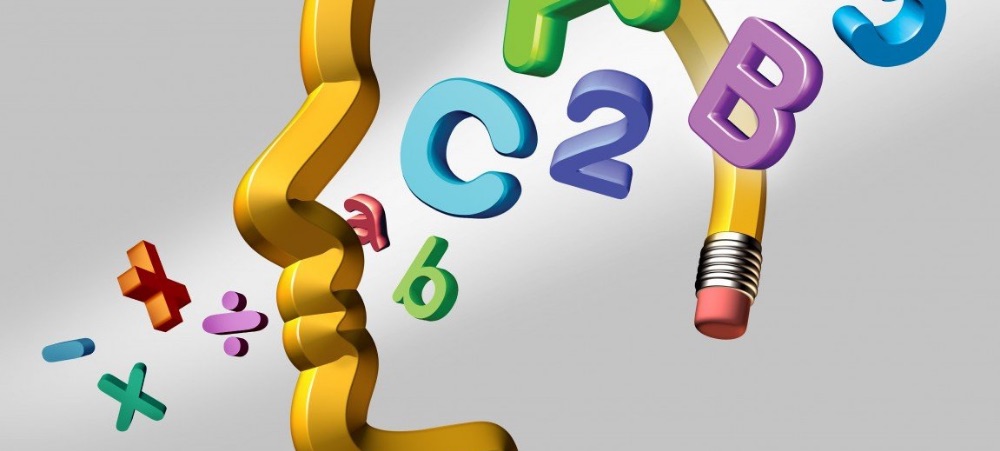First online e-learning programme to design dyscalculia early detection online resource tool
Smartick, an AI-based maths, coding and logic e-learning programme for kids aged 4 – 14, has launched a free standardised online assessment that allows for quick and easy identification of children at risk of dyscalculia.
Dyscalculia (pronounced dis·cal·koo·lee·a) is a mathematics learning disorder characterised, among other things, by the difficulty in acquiring number sense and calculation. In other words, a relative of the more commonly known and researched learning disorder dyslexia, which involves difficulty reading due to problems identifying speech sounds and how they relate to letters and words.
Smartick global research suggests that approximately 5-7% of a country’s population may suffer in silence from dyscalculia and that in a class of 25 students, it is likely that at least one child has the learning disorder. For a population of 57+ million in South Africa, and if similar percentages are anything to go by, it could equate to around four million people potentially being misdiagnosed.
Smartick co-founder, Javier Arroyo says that dyscalculia is a disorder with serious consequences and high prevalence, but unknown among many children, parents and educators.
“Dyscalculia tends to be confused with other disorders such as attention deficit disorder (ADD), attention deficit hyperactivity disorder (ADHD), low IQ or even study laziness. While it can result in failure in the mathematics subject, although not always the case, it can translate into real life difficulties that cause frustration and low-self-esteem,” says Arroyo.
On a day-to-day basis, it can translate into misreading the time on a watch or car license plate, as well as having difficulty memorising phone numbers, number sequences or calculating the return on a purchase.
Available to South Africans from 1 September 2020 with the aim of helping to detect the ‘dyslexia’ of the numbers, Smartick’s designed* free standardised online assessment takes approximately 15 minutes to complete and includes tasks around three fundamental areas of mathematical learning: comparison and recognition of numbers, arabic numerals and numbering and arithmetic.
“The exercises for each evaluate the ability to recognise and manipulate numerical quantities without counting, and numerical processing that use verbal symbolic code, such as number recognition and comparison. Children with dyscalculia often have severe and persistent difficulties in learning arithmetic,” says Arroyo.
At the end of the assessment, a report is immediately generated and sent with the child’s strengths and weaknesses in each of the evaluated areas. If, according to the results, a child is at risk of dyscalculia, it is recommended that parents and / or guardians go to a professional for a complete evaluation, which includes psychological tests for intelligence, attention and reading, in addition to specific tests for maths.
Arroyo says the e-learning programme wanted to provide the educational community and parents with an instrument with which to identify early on one of the mathematical learning disorders as common as unknown.
“Children with dyscalculia need adapted, daily training based on a deep understanding of concepts and procedures. Your child might be the next Bill Gates and can help change the world, but he’s misdiagnosed and misunderstood,” he says.
*The standardised dyscalculia assessment needs to be completed on a tablet and is aimed at children from first to fourth grade. It was developed in collaboration with the Universities of Malaga and Valladolid in Spain, with more than 800 students in different areas of Spain participating in the initial assessment validation study.
We understand that there are many aspects that encompass a Mother, Father or Child and strive toward providing resources and services that accommodates this.
Our content is aimed to inform and educate families on issues starting from pregnancy through to the challenges of the teen-age years.
- Say Hello to the Ultimate Holiday Brunch Bite - December 17, 2025
- Tiny Toons Looniversity Returns: Meet the Voice Behind Plucky and Hamton! - December 12, 2025
- From Pain to Possibility: Panado®’s New Marketing Campaign, Highlights The Joy Of Pain Relief - December 10, 2025





